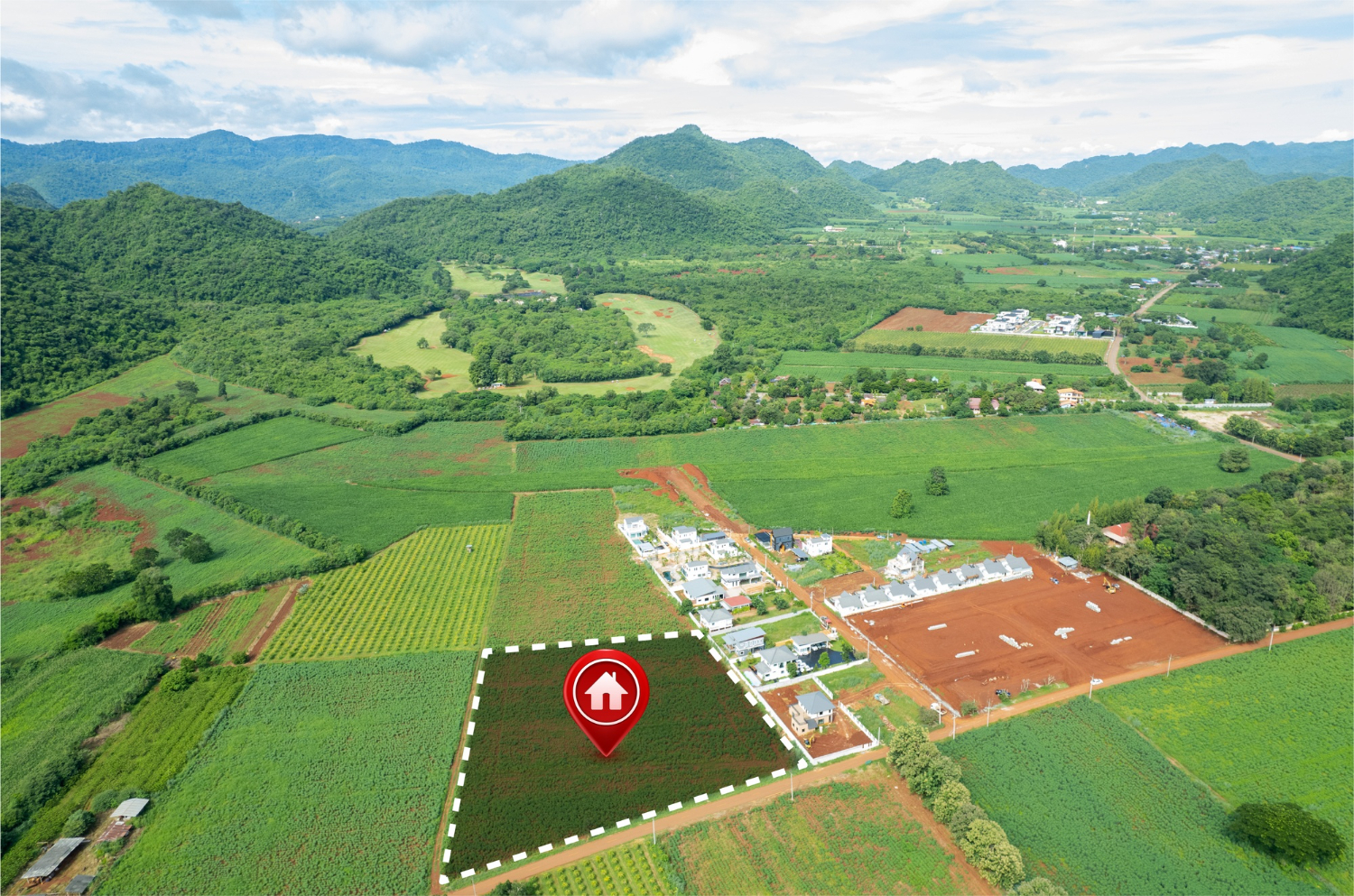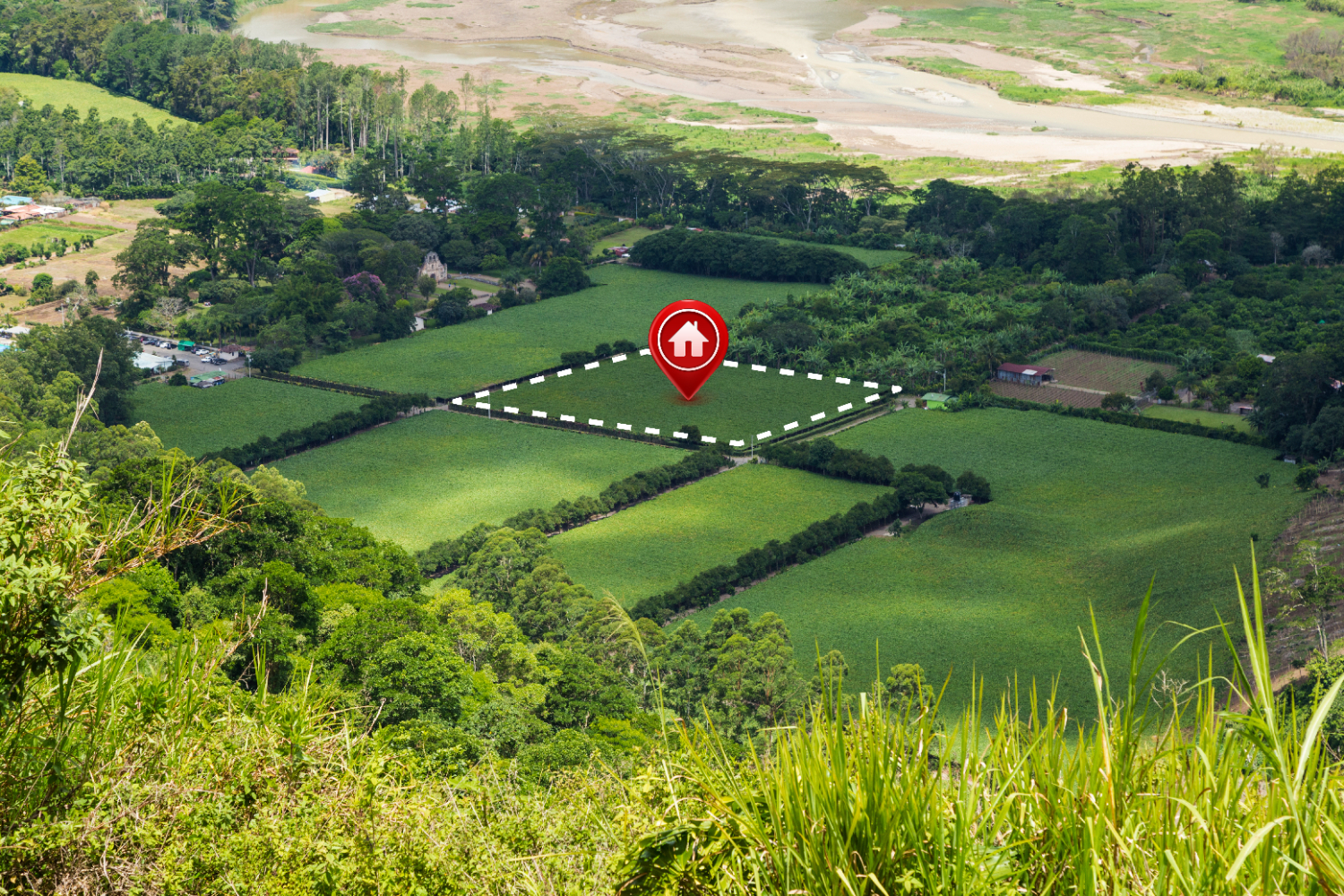Purchasing land can be an exciting and lucrative investment, but it’s also a complex process that requires careful consideration. Whether you’re looking to build a new home, start a business, or invest in raw land, navigating the various factors involved can be daunting. From evaluating the location and accessibility to understanding zoning laws and assessing the physical characteristics of the land, there are numerous elements to weigh before making a final decision.
With that in mind, we’ll delve into the key considerations that savvy land buyers must keep in mind. So, whether you’re a first-time land buyer or an experienced investor, read on to discover the essential tips and strategies that will help you navigate the land buying process with confidence.
Navigating the Land Buying Process: Essential Tips for Savvy Investors
1. Proximity to Infrastructure and Amenities
When purchasing land, one of the most crucial factors to consider is its proximity to essential infrastructure and amenities. This includes roads, highways, schools, hospitals, and shopping centers. Land located near well-maintained roads and highways is often more valuable because it ensures ease of commute and access for residents or businesses.
Similarly, proximity to schools can be a significant selling point for residential land, while commercial buyers might focus on access to shopping centers and business districts.
Additionally, nearby amenities like parks, recreational areas, and healthcare facilities can enhance the desirability of the land. Buyers should assess the potential convenience these amenities offer. A plot of land closer to these facilities can attract a larger pool of potential buyers, thereby increasing its market value.
Always consider how the land’s location will impact daily living or business operations to make a well-informed decision.
2. Assessing the Ease of Access
Ease of access is another important consideration when evaluating land. Accessibility refers to how easily the land can be reached from main roads, highways, and public transportation. Land that is challenging to access can deter potential buyers and affect the land’s usability for construction and development projects.
Check if there are well-maintained roads leading to the property. Consider seasonal accessibility, too—some roads may become impassable during certain weather conditions. Look into future development plans for the area, as new roads or transportation links could improve access over time. Ensuring the land is easy to reach will make it more marketable and functional for various purposes.
3. Checking Current Zoning Designations
Before purchasing land, it’s essential to understand the current zoning designations. Zoning laws regulate how land can be used and what types of structures can be built. These designations can include residential, commercial, industrial, and agricultural use, each with specific rules and limitations. Knowing the zoning classification can help determine if the land fits your intended use, whether it’s for building homes, setting up a business, or farming.
You can check zoning information through local government offices or municipal websites. Zoning maps are often available online and can provide an overview of the permitted uses for a land parcel. It’s also beneficial to consult with a zoning expert or land use attorney to interpret the regulations accurately. Being informed about zoning laws helps you avoid legal issues and ensures that the land meets your requirements.
4. Potential Changes in Zoning and Their Impact
Zoning laws are not static and can change based on urban development plans and community needs. It’s important to investigate any potential changes in zoning that might affect the land in the future. Rezoning can increase the value of the property by allowing more diverse or intensive uses, but it can also impose new restrictions that limit its potential.
Stay informed about local government plans and community developments by attending planning meetings or reviewing public notices. Understanding proposed changes can help you foresee opportunities or challenges related to the land.
Adjusting your plans accordingly ensures that you are making a sound investment and prepares you for future developments that could impact the land’s value and usability.
5. Soil Quality, Topography, and Environmental Concerns
Understanding the physical characteristics of the land is crucial. Evaluating soil quality is essential, especially if you plan to use the land for agricultural purposes. Poor soil can limit the types of crops you can grow, whereas rich, fertile soil can lead to successful farming. Even for non-agricultural uses, soil stability is important for foundation and construction purposes.
Topography is another vital factor. The shape and slopes of the land can affect drainage, erosion, and the feasibility of building structures. Steep slopes might provide scenic views but could complicate construction projects.
Additionally, be mindful of environmental concerns like wetlands, flood zones, or protected habitats. These factors can restrict what you can do with the land and may require additional permits or environmental assessments.
6. Availability of Utilities and Resources
Having access to essential utilities can greatly affect the land’s value and usability. Ensure the land has or can easily obtain connections to water, electricity, gas, sewage, and internet services. Lack of these utilities can mean spending extra money on installations or permits, which can delay your project and increase costs.
Also, consider any natural resources on the land, such as timber or minerals, as they can add value. However, extracting them might require special permissions and can impact the environment. Thoroughly checking the availability of utilities and resources helps you prepare for any additional investments needed, making your decision smarter and more cost-effective.
7. Hiring Surveyors and Environmental Assessors
Before finalizing a land purchase, conducting due diligence is critical. One of the first steps is hiring a professional surveyor to assess and measure the property accurately. This ensures that the land boundaries, dimensions, and total area are correctly identified, preventing future disputes. A surveyor can also identify any encroachments or rights of way that might affect your use of the land.
Environmental assessors are also crucial, especially if the land has potential environmental concerns. They can check for soil contamination, water quality, and the presence of hazardous materials. Addressing these issues early on can save you from costly remediation down the line and ensure that the land is suitable for your intended use.
8. Reviewing Title Deeds and Land History
Reviewing the title deeds and land history is another essential part of due diligence. This review ensures that the seller has a legal right to sell the property and that there are no outstanding liens or legal disputes attached to the land. Title deeds provide a record of past ownership and can reveal any easements, covenants, or restrictions that apply to the land.
Consult with a real estate attorney to review these documents thoroughly. They can also help you understand any complexities and ensure that all legal aspects are clear. Understanding the land’s history and ensuring clean title deeds protect your investment and give you confidence moving forward.
Buying Land? Avoid Costly Mistakes with These Proven Strategies
Purchasing land is a complex process that requires careful consideration of multiple factors. Evaluating the land’s location and accessibility, understanding zoning laws, assessing physical characteristics, and conducting thorough due diligence are all crucial steps. These actions help ensure that you purchase land that meets your needs and holds its value over time.
For those looking to sell their land, understanding what buyers are looking for can make your property more attractive and marketable. At 7Land Corp, we specialize in helping landowners sell their land efficiently and without hassle. We make the process easy, regardless of your land’s condition. Ready to buy land quickly and effortlessly? Get in touch with us!




